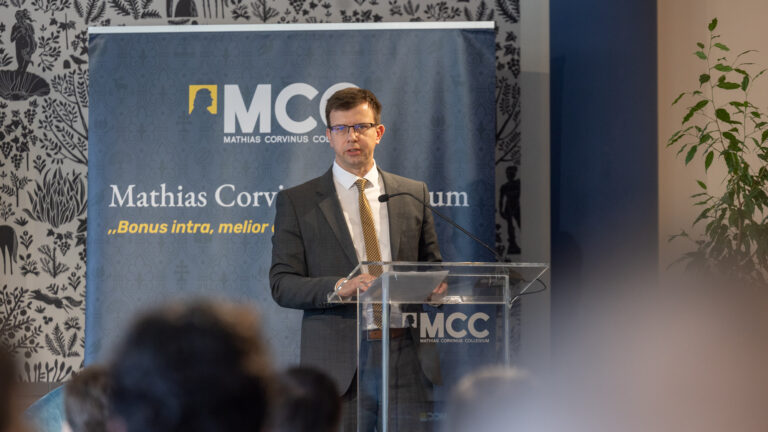The way Hungarians use the internet is changing fast. A new report by the National Media and Infocommunications Authority (NMHH) shows that people are relying on digital services more than ever—not only for shopping but also to manage a wide range of everyday tasks.
According to the NMHH’s latest annual survey of internet usage habits, online administration is steadily gaining ground. While convenience often comes at a price, many users are willing to pay for the time and energy saved.
The shift toward online services began during the global COVID-19 pandemic, when lockdowns forced consumers to explore online shopping. What started as a necessity has become the norm, and the trend is now extending into other areas of daily life.
Data from the authority shows that since 2022, more people have been handling their affairs online. For example, while only about a quarter of internet users booked travel tickets or accommodation online three years ago, that share rose to 37 per cent last year. Interestingly, less than half of internet users actually travel for leisure, but among those who do, 38 per cent now book their trips online.
When it comes to finances, two-thirds of internet users manage their banking online, a figure lower than expected, considering that financial administration affects nearly everyone. Still, among holidaymakers, nearly 80 per cent plan and book their trips via the internet.
Some services—like tracking deliveries or scheduling appointments—remain free of charge, but others involve significant spending. In 2023 people who booked accommodations online spent an average of 150,000 forints over the year.
Spending on digital purchases also rose sharply in 2024, with the average person spending 46,000 forints on travel tickets and 36,000 forints on tickets to cultural and sports events.
Related articles:







